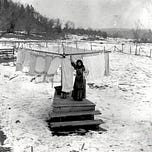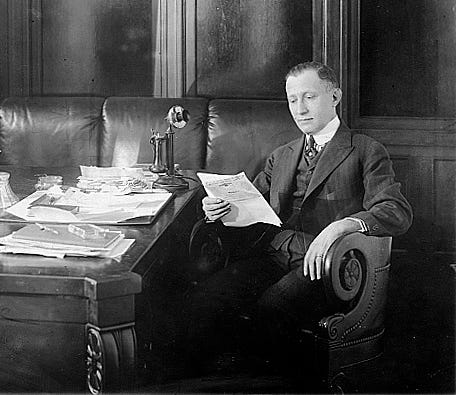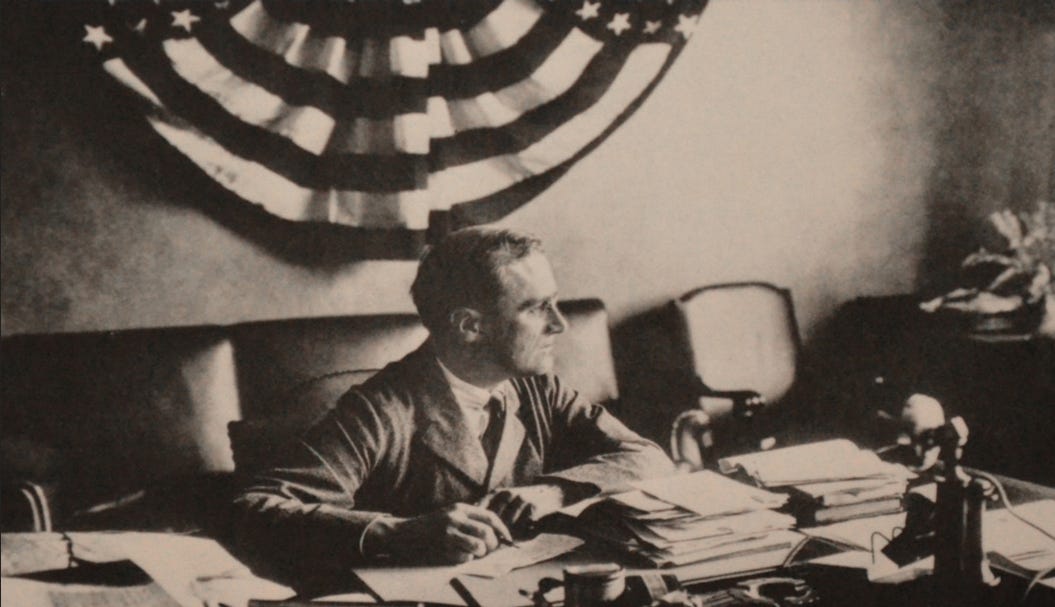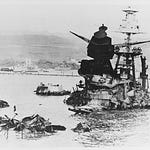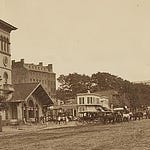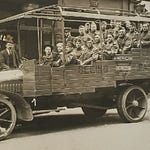FDR, the failed screenwriter
It’s 1923.
Adolph Zukor, the president of Paramount Pictures, calls story editor Jane West into his New York City office.
Zukor is holding a letter from forty-one-year-old Franklin Roosevelt, the unsuccessful 1920 Democratic vice presidential nominee and former Assistant Secretary of the Navy, who then worked for a Manhattan financial company.
FDR was out of government and disabled from polio.
And he had written a screenplay for a movie about John Paul Jones, the naval hero of the Revolutionary War.
‘Would Paramount have an interest in this story?’ his letter asked.
But, alas.
Zukor had no interest in the story and delivering the studio’s rejection would fall to Jane.
But ‘the Roosevelts are important,’ Zukor had told her, ‘so let him down easy.’


So Jane telephoned FDR and, rather than discuss his story over the phone, FDR invited her to tea at his New York City home.
And, over tea, it became clear to Jane that FDR had decided to make a career as a writer.
She couldn’t bring herself to tell him the bad news.
So, more social occasions followed, including visits to the Roosevelt home in Hyde Park.
And, all the while, Jane plied FDR with vague assurances that his John Paul Jones story was still under consideration.


But, after three months of procrastination, Jane found the courage to tell FDR the truth.
She said later ‘he appeared crushed by the news.’
Fifteen years pass.
And it’s 1938.
Jane is married to a Navy doctor and accompanies him to the White House for a reception honoring military officers.
And, as she stands in the receiving line, FDR recognizes her and they have a little talk.
Jane would later say that FDR told her his story’s rejection was one of his ‘darkest moments,’ but that it had taught him ‘to attack an even greater challenge with a deeper determination to succeed.’
And so he did.
The year after Paramount’s rejection of his John Paul Jones story, FDR gave a nominating speech at the 1924 Democratic national convention, an event which marked his return to public life despite his physical disability.
And his closing words to Jane as she stood in the White House receiving line:
‘This much is certain – if Paramount had taken that story, you and I wouldn’t be chatting in the White House, would we?’
Paramount’s loss was the nation’s gain.
******************************
I’ll see you tomorrow.
— Brenda


